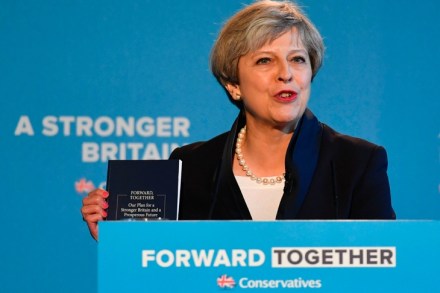How the dementia tax – a ‘nasty party’ policy – lost Theresa May her majority
Pundits and pollsters have spent the last year trying to explain what the Brexit vote meant. Was it right-wing or left-wing? Was it about immigration or sovereignty? Was it a bit racist? They’ll do the same for this election – trying to pinpoint where it all went so humiliatingly wrong for Theresa May. But to me one answer, even so soon after shock result – and before we’ve been able fully to analyse the results – stands out by a mile: the dementia tax. There are five reasons, I’d argue, why it ruined Theresa May’s election campaign and may have been the key factor in destroying her parliamentary majority. 1. It was a ‘nasty





















